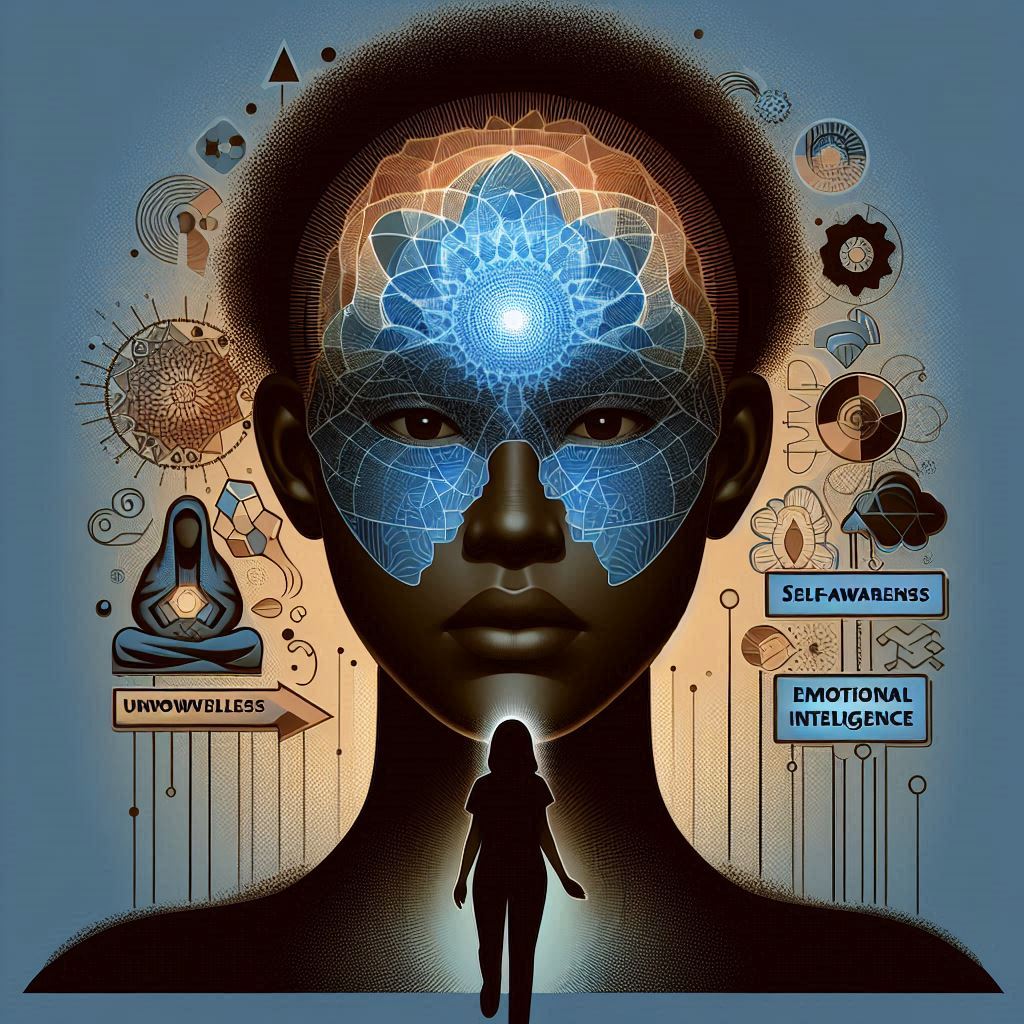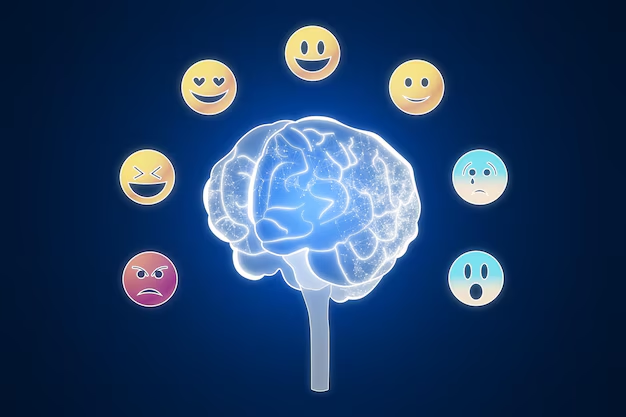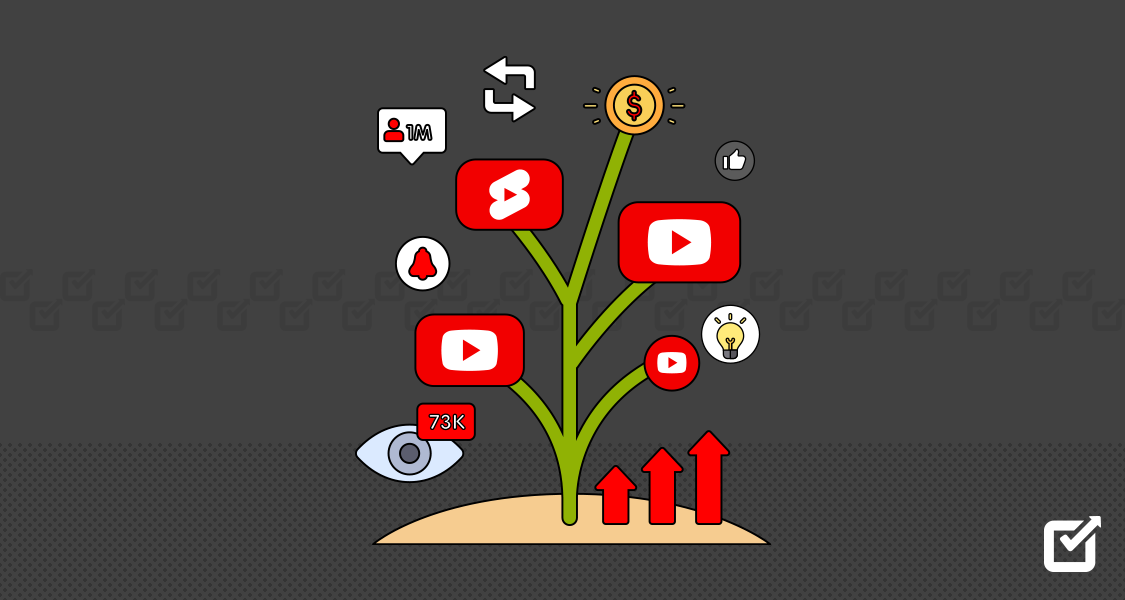The New Superpower of Success
Why Emotional Intelligence is Your Secret Weapon. It’s 2025, and if you haven’t already realized it, the world is shifting. Gone are the days when success was solely defined by IQ, hard skills, or what school you attended. In today’s fast-paced, interconnected world, emotional intelligence (EI) is quickly becoming the number one predictor of success. Whether you’re at work, at home, or with friends, the ability to understand and manage emotions—both your own and others’—is the golden key to building meaningful relationships, making better decisions, and ultimately leading a happier, more fulfilling life.
But what exactly is emotional intelligence, and why should you care?
What is Emotional Intelligence?
Emotional intelligence is the ability to recognize, understand, manage, and influence emotions in yourself and others. It’s not just about “feeling good” or being in touch with your feelings—emotional intelligence is about using that awareness to make smarter choices, create stronger relationships, and excel in all areas of life.
Psychologist Daniel Goleman, who popularized the concept, identifies five key elements that make up emotional intelligence:
-
Self-awareness: The ability to recognize and understand your own emotions.
-
Self-regulation: Managing your emotions in healthy ways.
-
Motivation: Using your emotions to stay focused and achieve goals.
-
Empathy: Recognizing and understanding the emotions of others.
-
Social skills: Managing relationships and building strong connections.
Self-Awareness: The Foundation of Emotional Intelligence
Imagine this: You’re in a meeting at work, and your boss says something that makes your blood boil. What’s your next move? Do you react impulsively or take a step back?
Self-awareness is the ability to pause and reflect before you react. It’s that moment where you check in with yourself and recognize what you’re feeling—anger, frustration, excitement, or something else entirely.
Being self-aware allows you to:
-
Understand your triggers: Why do certain situations make you feel a certain way? Are you quick to get defensive, or do you shut down?
-
Identify patterns: Are there recurring feelings or emotional responses you notice in your interactions?
-
Take ownership: When you’re aware of how your emotions affect your decisions, you can take responsibility for them, rather than letting your feelings control you.
Self-Regulation: The Power to Stay Cool Under Pressure
So you’ve realized that you’re feeling frustrated. But instead of letting it all spill out in a rant, you manage your emotions. That’s self-regulation in action.
Self-regulation is about keeping your emotions in check, especially in moments of stress or conflict. It’s the key to maintaining calm and composure, even when life throws you a curveball.
Here’s how self-regulation helps in your daily life:
-
Better decision-making: When emotions are under control, you’re less likely to make impulsive or rash decisions.
-
Increased resilience: Self-regulation helps you bounce back from setbacks more quickly, keeping you motivated and focused.
-
Healthier relationships: By managing your emotions, you avoid outbursts or unnecessary conflict, fostering healthier communication with others.
Motivation: Turning Emotions into Momentum
Have you ever noticed how much easier it is to stick to a goal when you’re excited about it? Motivation is the emotional fuel that drives us to take action and pursue our goals. But what happens when motivation wanes, or life gets in the way?
Emotional intelligence can help you stay motivated, even when things are tough. By recognizing the emotions tied to your goals—whether it’s passion, purpose, or excitement—you can tap into that energy to push forward.
Motivation through emotional intelligence looks like this:
-
Intrinsic drive: When your actions align with your values, motivation becomes less about external rewards and more about personal fulfillment.
-
Sustaining energy: Instead of burning out, emotional intelligence helps you maintain a steady, long-term drive by recognizing and addressing your emotional needs.
-
Overcoming obstacles: Emotional intelligence gives you the tools to stay motivated even when things aren’t going smoothly.
Empathy: Seeing the World Through Other People’s Eyes
Empathy is the ability to understand and share the feelings of others. But it’s more than just listening to someone’s problems—it’s about putting yourself in their shoes and truly understanding their emotions.
Empathy is key to building strong, meaningful relationships, both personally and professionally. It helps you:
-
Read people better: Knowing when someone is upset or needs support allows you to respond with care.
-
Create trust: People feel valued and understood when you’re genuinely empathetic.
-
Improve communication: By understanding others’ emotions, you can communicate more effectively, avoiding misunderstandings.
Social Skills: Building Stronger Connections
Being emotionally intelligent doesn’t just benefit you—it helps you connect with others on a deeper level. Social skills encompass everything from effective communication to conflict resolution, and it’s one of the most visible aspects of emotional intelligence.
Strong social skills allow you to:
-
Influence others: Whether you’re leading a team or making new friends, emotional intelligence helps you build rapport and motivate people.
-
Resolve conflict: Emotional intelligence allows you to approach conflicts with understanding, finding solutions without damaging relationships.
-
Collaborate effectively: Working with others becomes smoother when you understand their emotions, communication styles, and needs.
The Importance of Emotional Intelligence in the 21st Century
In today’s world, emotional intelligence is crucial for success. With the rise of remote work, social media, and global connectivity, it’s easier than ever to find ourselves in emotionally charged situations. Whether it’s managing a virtual team, navigating social media dynamics, or understanding cultural differences, emotional intelligence is the key to thriving in this fast-paced environment.
How Emotional Intelligence Impacts Your Career
Employers are increasingly recognizing the value of emotional intelligence in the workplace. In fact, studies have shown that emotional intelligence can be more important than IQ when it comes to professional success. Here’s how EI impacts your career:
-
Better leadership: Leaders with high emotional intelligence are more empathetic, adaptable, and able to motivate their teams.
-
Increased collaboration: Teams with emotionally intelligent members communicate better, solve problems faster, and create more innovative solutions.
-
Improved performance: Individuals with high EI are better at managing stress, staying focused, and building relationships—skills that lead to better job performance.
Emotional Intelligence and Mental Health: A Crucial Connection
Emotional intelligence plays a crucial role in mental health and well-being. By understanding and managing your emotions, you can reduce stress, anxiety, and depression, and foster a greater sense of happiness and fulfillment.
-
Emotional resilience: High EI helps you cope with life’s challenges, bouncing back from setbacks with more strength.
-
Self-compassion: Emotional intelligence encourages kindness toward yourself, helping you deal with negative emotions in a healthier way.
-
Improved well-being: By managing your emotions, you can maintain a more balanced, peaceful mindset.
Building Your Emotional Intelligence
The good news? Emotional intelligence is a skill you can develop. Here are some practical steps to boost your EI:
-
Practice mindfulness: Regular mindfulness exercises can help increase self-awareness and emotional regulation.
-
Seek feedback: Ask others how you come across emotionally and how you can improve your communication and reactions.
-
Engage in empathy exercises: Make a conscious effort to understand others’ perspectives, especially when you disagree with them.
-
Develop coping strategies: Learn healthy ways to manage stress, anxiety, and other negative emotions.
Your Emotional Intelligence Journey Begins Now
The 21st century demands more than just technical skills. Emotional intelligence is a must-have for success in our complex, interconnected world. By improving your emotional intelligence, you’ll not only enhance your career prospects but also improve your relationships, mental health, and overall quality of life.
Remember, emotional intelligence isn’t something you’re born with—it’s something you can build, refine, and strengthen over time. So why wait? Start your emotional intelligence journey today, and watch your world transform.





